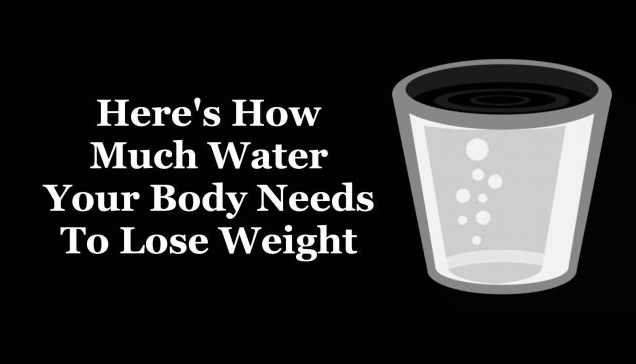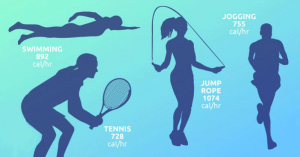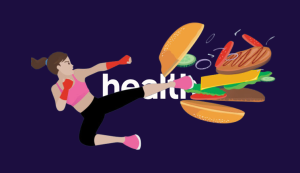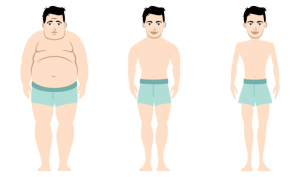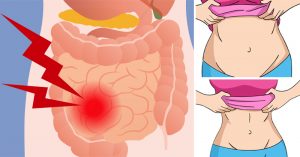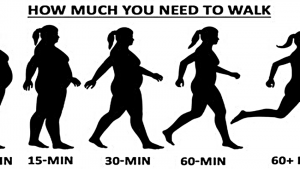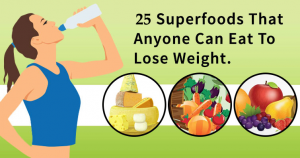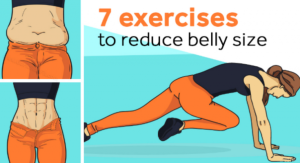Are you struggling to lose weight and maintain a healthy diet? You may have a toxic fatty acid that blocks weight loss.
Here's how a simple “Ice Hack” speed up my fat loss and helped me restore my health, watch now.
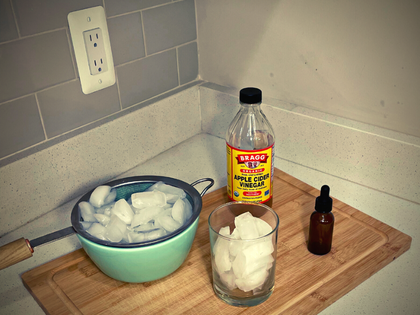
Water plays a vital role in maintaining overall health, and when it comes to weight loss, it becomes even more essential. Staying properly hydrated not only supports various bodily functions but also aids in shedding those extra pounds. In this article, we will explore the importance of water for weight loss, discuss the recommended daily water intake, provide hydration tips for weight loss, address common misconceptions, and conclude with key takeaways.
Losing weight can be a challenging journey, but incorporating healthy habits can make a significant difference. While many focus on diet and exercise, the role of proper hydration is often overlooked. Water acts as a natural appetite suppressant, boosts metabolism, and helps in removing waste from the body. Let’s delve into the importance of water for weight loss in more detail.
1. Importance of Water for Weight Loss
Staying hydrated is crucial for maintaining an efficient metabolism. Water participates in various metabolic processes, including the breakdown and utilization of stored fat. When your body is dehydrated, the metabolic rate slows down, making it harder to burn calories. By drinking an adequate amount of water, you can optimize your metabolism and support weight loss efforts.
2. Appetite Control
Water can also help control your appetite and prevent overeating. Sometimes, when we feel hungry, it may actually be a sign of thirst. Drinking water before meals can create a sense of fullness, leading to consuming fewer calories. Additionally, choosing water over sugary beverages reduces calorie intake and promotes healthier choices.
3. Recommended Daily Water Intake
3.1 Factors Affecting Water Needs
The amount of water each person needs can vary based on several factors. Physical activity level, climate, body composition, and overall health can influence your daily water requirements. For instance, athletes and individuals living in hot climates may need more water to compensate for fluid loss through sweat.
3.2 General Guidelines
As a general guideline, it is recommended to drink at least eight 8-ounce glasses of water per day, commonly known as the 8×8 rule. However, this may not be sufficient for everyone. A more accurate approach is to listen to your body and drink when you are thirsty. Additionally, incorporating water-rich foods into your diet, such as fruits and vegetables, can contribute to your overall hydration.
4. Hydration Tips for Weight Loss
To optimize hydration and support weight loss efforts, consider the following tips:
4.1 Drink Water Before Meals
Having a glass of water before meals can help control your appetite and prevent overeating. It creates a feeling of fullness, which reduces the likelihood of consuming excessive calories. By incorporating this simple habit, you can make a significant impact on your weight loss journey.
4.2 Replace Sugary Drinks
Sugary beverages like sodas and juices are high in calories and can hinder weight loss progress. Replace these drinks with water, herbal tea, or infused water. Not only will you reduce your calorie intake, but you will also hydrate your body with a healthier option.
4.3 Carry a Water Bottle
Keeping a water bottle with you throughout the day serves as a reminder to stay hydrated. Whether you’re at work, running errands, or exercising, having water readily available encourages regular sipping. Choose a reusable bottle to minimize waste and ensure access to water wherever you go.
4.4 Infused Water
If plain water becomes monotonous, try infusing it with flavors like lemon, cucumber, or mint. Infused water adds a refreshing twist and encourages you to drink more. Experiment with various combinations to find your favorite flavors and make hydration enjoyable.
4.5 Track Your Water Intake
Tracking your water intake can help you stay accountable and ensure you’re meeting your hydration goals. Use a mobile app, a journal, or even set reminders to drink water throughout the day. By monitoring your intake, you can identify patterns, make adjustments if necessary, and maintain consistent hydration.
5. Common Misconceptions about Water and Weight Loss
5.1 Water Retention and Weight Gain
Some individuals worry that drinking more water will cause water retention and weight gain. However, the opposite is true. When you are dehydrated, your body tends to retain water as a survival mechanism. By consistently drinking enough water, you can help alleviate water retention and promote a balanced fluid balance.
5.2 Water Fasting for Weight Loss
Water fasting, a practice where individuals consume only water for an extended period, has gained popularity in some weight loss circles. While it may result in short-term weight loss, it is not a sustainable or healthy approach. Extreme fasting can lead to nutrient deficiencies and negatively impact your metabolism. It is important to focus on balanced nutrition and healthy habits for long-term weight management.
- How much water should I drink to lose weight?
The recommended daily water intake for weight loss varies depending on factors such as physical activity, climate, and overall health. As a general guideline, drinking at least eight 8-ounce glasses of water per day is a good starting point. However, listen to your body’s signals and drink when you are thirsty.
- Are there any risks of drinking too much water for weight loss?
While staying hydrated is important, excessive water intake can lead to a condition called hyponatremia, which is low sodium levels in the blood. This can be dangerous and cause symptoms like nausea, headache, confusion, and even seizures. It’s important to listen to your body’s thirst signals and avoid excessive water intake.

